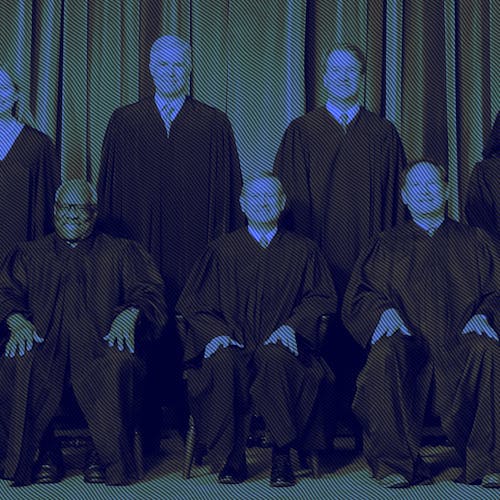BOZTEPE: History textbooks are in need of changes

History textbooks are essential to education and are seen as the main source of context that will provide students with the background information they need on specific periods and events in history. I have no issue with history textbooks, but my issue is with the context within the textbooks, or the lack of context. I believe the United States currently has a clear majority of historically-challenged students, which is concerning when you consider the fact that these students will hold moral, political and ethical beliefs in the future with little knowledge of actual history. The far more alarming point that I want to bring to the attention of readers is the amount of false information in these textbooks that people deem as the truth for the rest of their life because they believe their history books would always be truthful.
I would first like to go over what I mean when I say there is a lack of context in history textbooks, and to do so I will provide a few examples. For starters, the glorification of Christopher Columbus has no backing. We have a federal holiday for a man who participated in enslavement, disrespected the native people of the land that is now known as the United States of America and essentially led a genocide against the indigenous peoples. It is time we unveil the truth about Columbus, rather than have his story celebrated as a man that came together with Native Americans and had Thanksgiving with them. It is simply fiction — fiction that is unnecessary. Columbus should still be taught in schools, but the real Columbus. Students have a right to know about the past in order to learn from other mistakes. Sugarcoating bad moments in history enables students to not have a sense of empathy for those who were severely damaged by historical events.
Another evident piece of history that is lacking in history textbooks is Black history within the U.S. We normally learn about the Civil Rights Act of 1964, Martin Luther King Jr., Rosa Parks, Malcolm X and that is it — as if segregation just smoothly occurred and everyone accepted it. But, there were many new pieces of legislation that acted to discriminate or limit the level of wealth a colored person could achieve in the U.S., such as redlining. Redlining is the denying of services, by price or preference, and normally had to do with either race or wealth. Redlining was seen after the Civil Rights Act of 1964, when Black people could integrate into white neighborhoods. Introduced in 1934 (lasted until 1968), the Federal Housing Administration (FHA) held many discriminatory practices, such as refusing to not give loans to Black families in hopes that they would not integrate into neighborhoods that were once predominately white. Redlining essentially ruined any possibility of profit or investment in real estate and homes for Black people, and is now defined as residential segregation and racism.
The Housing and Urban Development Department created more guidelines that caused public agencies to evict drug dealers and other tenants from their homes as there was a one strike policy, then they were evicted. Former President Bill Clinton then created the Temporary Assistance for Needy Families program that created a five-year lifetime limit on benefits for those who need it, but after those five years, those who were former convicts were barred from receiving public funding. Redlining mixed with the war on drugs and heinous FHA legislation proved to be another form of discrimination that slowed down the process of proper integration and equality.
This is just one of many examples that can include the war on drugs, where probable cause was the main loophole that police officers used to search Black people and roundup nonviolent drug offenses with larger fines and jail time when necessary. Many unjust court cases were held where Black people fought against the unnecessary fines and jail time, but the cops used the Fourth Amendment as an excuse that probable cause allowed the search of homes, cars, on the person and so forth, leading most cases to not prevail after the first hearing.
The examples are endless, but the misrepresentation of historical facts is very damaging as students go on in their adult lives making life long opinions on politics and life based on lies. Manifest destiny was fundamentally improperly taught, the history of Benjamin Franklin normally glosses over his many faults and the list continues. We must provide our students with the truth regardless of if the history is good or bad. Without bad history, learning lessons and preventing the bad moments to recent history to occur again becomes a much more difficult task. We must remember that we are not guilty of those in our past, as long as we learn from their mistakes and educate our youth to know better. Knowledge is power.
Kaan Jon Boztepe is a School of Arts and Sciences junior double majoring in philosophy and history. His column, "Kaanotations," runs on alternate Wednesdays.
*Columns, cartoons and letters do not necessarily reflect the views of the Targum Publishing Company or its staff.
YOUR VOICE | The Daily Targum welcomes submissions from all readers. Due to space limitations in our print newspaper, letters to the editor must not exceed 500 words. Guest columns and commentaries must be between 700 and 850 words. All authors must include their name, phone number, class year and college affiliation or department to be considered for publication. Please submit via email to [email protected] by 4 p.m. to be considered for the following day’s publication. Columns, cartoons and letters do not necessarily reflect the views of the Targum Publishing Company or its staff.



